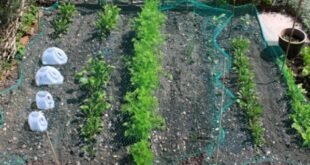Understanding the shelf life of various foods is crucial for preventing food poisoning and illness. While some may think that limiting food stock to 30 days protects against spoilage, this is a misconception. Although having a smaller stock reduces certain hazards, it doesn’t guarantee safety from foodborne illnesses.
Many different foodborne pathogens can cause serious health risks, emphasizing the importance of proper food storage and awareness of expiration dates. It’s essential to account for how different foods degrade over time and potential risks associated with consuming spoiled items.
In preparation for emergencies or situations where access to fresh food might be limited, individuals should educate themselves on safe food practices. This includes recognizing signs of spoilage, understanding storage conditions, and maintaining a diverse food stock with varying shelf lives.
By doing so, one can better manage food resources and reduce the likelihood of illness during challenging times. The article discusses the need for vigilance in food management, especially during emergencies, highlighting that awareness and education are key components in ensuring safety and health when food supplies are limited. Keeping informed about foodborne illnesses and how to prevent them can make a significant difference in overall wellbeing during difficult situations.
Read this related Trek here:
Prep 101: Avoid food poisoning & illness when SHTF (plus a list of foodborne illnesses)
 Trek.pub Trekking around the net
Trek.pub Trekking around the net




